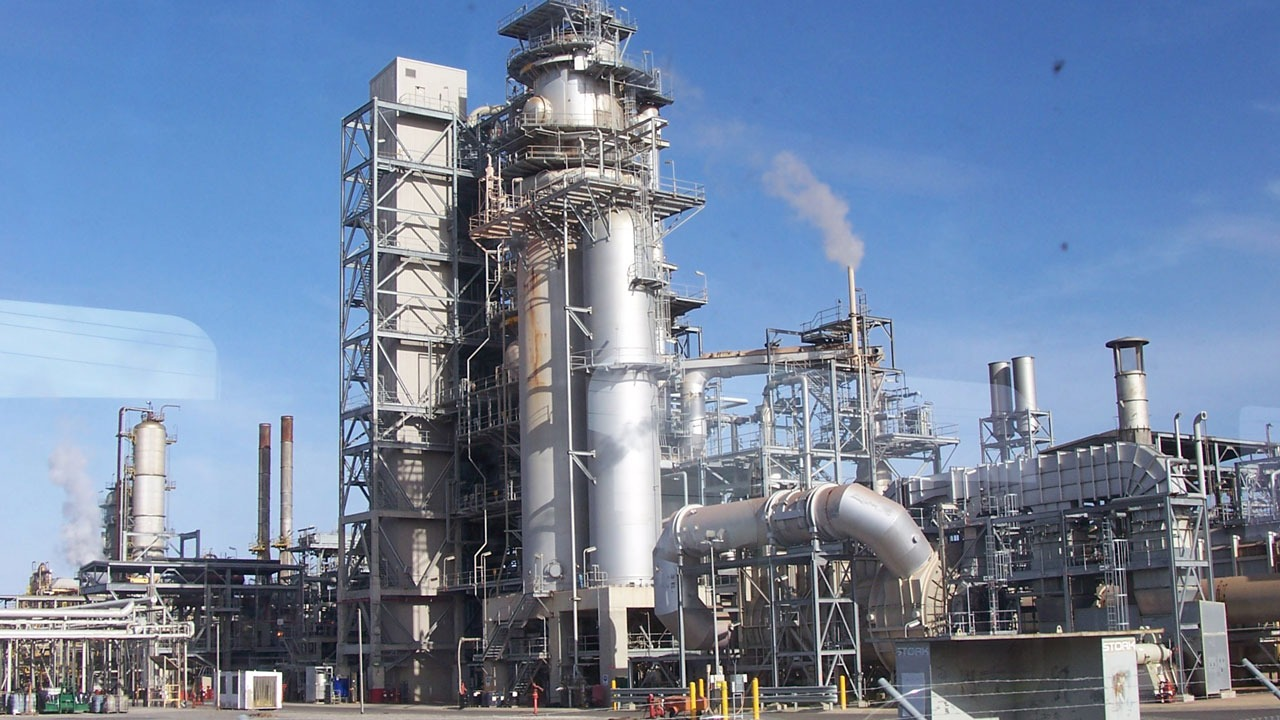
ON Monday, Nigerian legislators commenced an investigation into the alleged importation of contaminated fuel, aiming to resolve the ongoing issues between Aliko Dangote’s oil refinery and the industry regulator. The legislative committee, led by chairman Ikenga Ugochinyere, is also probing allegations of indiscriminate licence issuance and the lack of international standard laboratories, which are blamed for the contamination.
The committee urged parties within Nigeria’s petroleum sector to ‘de-escalate tensions’ that have been exacerbated by recent accusations from the regulator. The regulator claimed that Dangote was seeking a market monopoly and that his refinery’s products were of inferior quality.
In an effort to address these issues, Nigeria’s junior petroleum minister Heineken Lokpobiri held a ‘collaborative’ meeting with Dangote and petroleum sector officials. ‘All parties involved demonstrated a strong commitment to proactive problem-solving,’ Lokpobiri stated on social media platform X.
The Dangote refinery, located in Lagos, has the capacity to produce 650,000 barrels per day, making it the largest in Africa. It was anticipated to reduce Nigeria’s dependence on imported petrol. However, the $19bn facility has struggled since its opening over a year ago, sourcing crude oil from other countries due to supply issues in Nigeria. This situation is compounded by oil theft and chronic corruption within the country.
Devakumar Edwin, vice-president of Dangote Industries, accused international oil companies in Nigeria of plotting the refinery’s failure by demanding unreasonable premiums or claiming that crude was unavailable.
Further complicating the refinery’s challenges, the Nigerian Midstream and Downstream Petroleum Regulatory Authority recently criticised the quality of its products, labelling them as ‘inferior’ compared to imported goods. The authority’s chief executive, Farouk Ahmed, claimed that Dangote requested the suspension of all petroleum product imports, a move seen as an attempt to monopolise the market.
Dangote denied these claims, inviting lawmakers to inspect the refinery and test its products. He also refuted allegations of receiving government incentives for the refinery and announced the cancellation of his plans to invest in Nigeria’s steel industry.
The origin of the dispute between Nigerian authorities and Dangote, whose businesses dominate several markets including cement and flour, remains unclear. The conflict emerged after the presidential election won by President Bola Tinubu, who succeeded Muhammadu Buhari, an ally of Dangote.
Analysts warn that this dispute could deter foreign investments and destabilise Nigeria’s economy. Economist Bismarck Rewane described the allegations about the refinery’s product quality as ‘odd,’ noting the absence of consumer complaints and evidence, according to an AP report.
As Nigeria seeks to boost foreign investments and stabilize its economy, the outcome of this investigation and the resolution of the dispute between Dangote and the regulatory authorities will be crucial.










